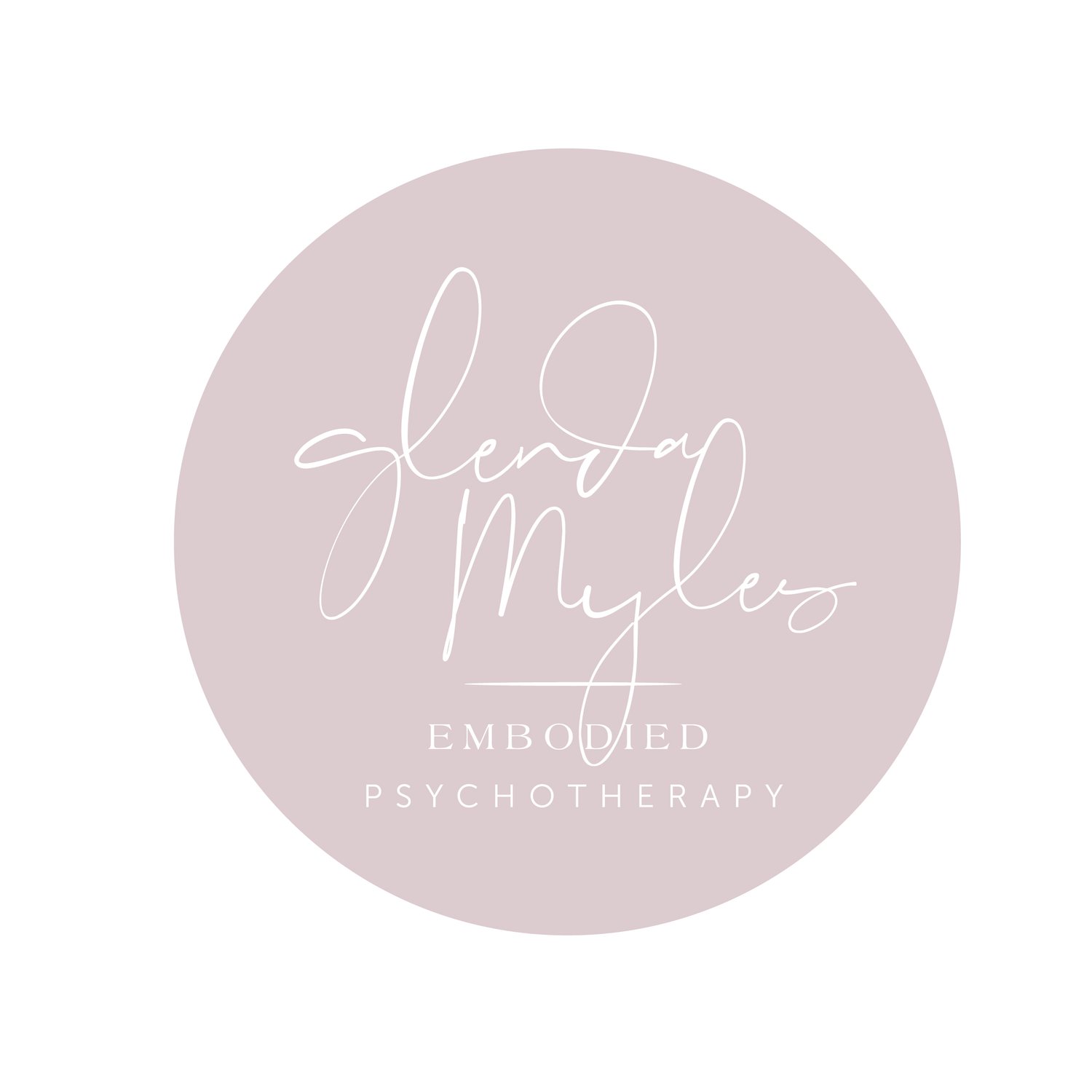You CAN Teach an Old Dog a New Trick
Habits
Break Those Patterns!
Imagine for a moment that time (probably not long ago) when something happened (someone said something, made a motion/movement, or took some action - or didn’t) and you had an immediate internal response to it (good or bad) and there was an urge to react (either ignore the feeling, push it down, or act out) and then in response, you did something. The something you always do when this happens.
For instance:
Your partner leaves his/her socks on the floor. You see the socks and immediately feel angry inside but you push it down inside you. Perhaps many thoughts run through your mind of what you want to say or what you think this means - why doesn’t she listen to me, why can’t he pick up his things, why do I have to be the one to keep things clean, I’m always the one that has to keep things clean, she’s so irresponsible, it’s so disrespectful, etc…- you pick up the socks and put them in the hamper because you are the responsible one. You pick up after everyone in your life. This is who you are.
Now imagine one day you see the socks and you have had them. So you freak out on your partner, saying all those things that have been running through your head. She stands there with a bewildered look on her face because she has no idea what you are talking about. The narrative that you have created in your head in response to the socks is in no way similar to why she may leave the socks on the floor. Her experience and your experience are dramatically different perspectives of the same event. She’s asking why didn’t you say something before.
How do these patterns develop?
Does this sound familiar? Even if not this example, in particular, do you see the pattern and how this can cause problems in your life?
We ALL do this in some way. Our brain relies on our past experiences to make sense of the world around us today.
“The pain of feeling separate, insufficiently appreciated and understood, unworthy, or unloved lies at the experience of most suffering.”
Marjorie Schuman
We are programmed from years of repeated experience, especially in early life, that leave imprints. These imprints store an emotional record of how we felt at that moment. When we have a similar experience or something happens that reminds us of that imprinted experience our brain triggers the emotional record and it is as if we are back there in time reliving it. And, in a way, we are emotionally reliving it but in the present moment and experience. The problem is we often react to the current situation to the extent that it is cumulative to all the times before it even though the current situation may not warrant it. And worse we are not aware that we are doing it. And because we are unconscious of its impact, we continue to react habitually to the present experiences in the same way. In yogic science and Buddhism, we call these imprints samskara: our habitual patterns of behaviour.
Often when we are young children we react in ways that are necessary to protect ourselves and keep us safe. We have fewer options and choices. These same coping mechanisms when we are an adult are not always healthy means for maintaining relationships. The narrative - or story- that we add to the present-day situation is often based on those childhood experiences that stay with us and create these core beliefs that become part of our self-identification (who we think we are).
As in our example: in order to create harmony and balance, I must be over-responsible and do everything because people are inherently unreliable and I can’t count on them. Everything that my partner does becomes another example of her being unreliable and me having to overcompensate. It is a self-fulling prophecy and cycle of behaviour that is based on old programming not based on current reality.
Our perception (or misperception) of the situation/event taints the interaction. We see the world through a lens that is blocked or limited by these core beliefs.
So what can we do about it?
Through mindfulness practice, we learn to bring attentive awareness to our thoughts, feelings, and sensations as they arise. We develop a new relationship with our minds.
We become aware of our habitual patterns of thought, feeling and action.
Over time, we create a wider space between cause and effect - stimulus and response. We start to recognize and create an opportunity to choose how we act/respond to the situation. Over time those new choices impact our reaction the next time the incident occurs.
Meditation allows us to make conscious what has been unconscious. As we cultivate awareness of our internal world, we become more conscious of our patterning and repeated habitual patterning. And with more awareness, we can make different choices.
Our thoughts aren’t facts. They are simply thoughts. Moment by moment we have many thoughts running through our minds. It is like a computer program constantly running - it’s picking up signals from the external environment (colours, sounds, people, objects, places, etc) and retrieving memories that may help to explain and provide information on the current situation so we know. These thoughts are often part of those memories and program that is running all the time. Can you start to see your thoughts as separate things from you?
Clouds are like our thoughts and you are the sky. You are always the blue sky but sometimes the clouds are so thick and grey that you think you are grey. You become attached to the grey clouds and start to identify more with the clouds and forget you are the sky. Meditation over time helps you to separate from this over-identification with the clouds and start to be the sky watching the clouds come and go. We notice the clouds, we may have feelings about the clouds, but we stop seeing ourselves as the clouds.
Glenda Myles
We interpret the interactions of our everyday life (the facts as well as the subtler things we notice) through the lens of our own past. The meaning we attach to these interactions is coloured by the lens. We have to learn to separate the fact from the subtler things we notice and interpret as well as the meaning we then attach to it. As we start to see the story we’ve created, we can start to break it down and make different choices and interpretations. We start to build new imprints and ways of being. We will notice over time, that our emotional reaction to the interaction will start to shift and the intensity lessens.
This is a practice.
“We are continually faced with great opportunities which are brilliantly disguised as unsolvable problems.” Margaret Mead
The practice aims at breaking patterns that have been entrenched over years of habitual actions. It won't be undone in 21 days of meditation. But what can be done in that time is the development of a consistent practice that can support you over the long term in building awareness and new patterns of behaviour.
What we do today plants new seeds of karmic intention for tomorrow.


